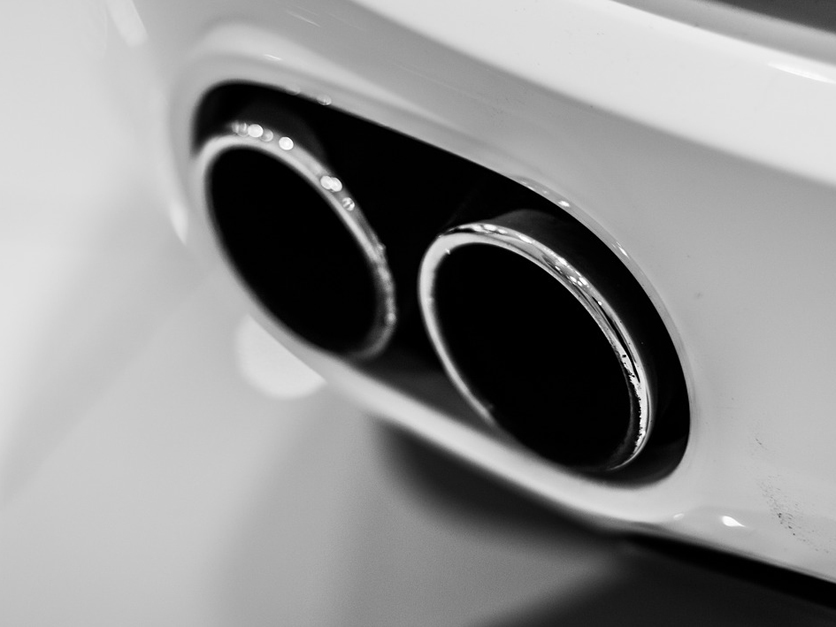Ethanol advocates applauded a Trump administration proposal released today that would freeze fuel economy standards for cars and light trucks through model year 2026.
In addition to holding fast with the Corporate Average Fuel Economy (CAFE) standards, the proposal suggests weakening tailpipe emissions standards for greenhouse gases that apply to light-duty automobiles by prohibiting states – California, most prominently – from adopting more stringent standards than EPA’s.
Acting EPA Administrator Andrew Wheeler told the Senate Environment and Public Works Committee Wednesday that the administration wants a “50-state solution” that would not require preempting California’s standards. And in a briefing with reporters last week, he said he had delivered that message to Mary Nichols, chair of the California Air Resources Board.
“We don’t want to see two different standards for the country,” Wheeler told reporters. “We are very open, and what Mary committed to me … was that after they see our proposal, they will be willing to sit down with us within a week to start discussions and talks.”
Renewable fuels groups noted their appreciation for language included in the proposal recognizing the role higher octane gasoline could play in providing manufacturers “with more flexibility to meet more stringent standards by enabling opportunities for use of lower CO2 emitting technologies (e.g., higher compression ratio engines, improved turbocharging, optimized engine combustion).”
The Renewable Fuels Association said that EPA’s proposal “highlights previous recommendations from the High Octane Low Carbon Alliance (HOLC), of which RFA is a founding member.”
Geoff Cooper, RFA’s executive vice president, says the proposal should recognize “the important role that the fuels themselves” play in emission reduction rather than focusing exclusively on engine technologies.
“We are pleased to see that EPA’s proposal recognizes that high octane fuels can help enable more efficient engines and reduce GHG emissions, and we believe the Agency should use its authority to include high octane low carbon fuels as an option available to automakers for meeting more stringent fuel economy and emissions standards in the future,” he said.
Interested in more news about the farm bill, trade issues, pesticide regulations and more hot topics?
Sign up here for a four-week Agri-Pulse free trial. No risk and no obligation to pay.
American Coalition for Ethanol President Brian Jennings said he was “very encouraged EPA’s position on high octane fuel is evolving. While previously taking fuel ‘off the table,’ EPA now appears to recognize it will need to increase the minimum octane of fuel to help automakers maintain engine efficiency and reduce (GHG) emissions, going so far as to reference an octane level of 100 and a role for E30 blends.”
Chris Bliley, vice president of regulatory affairs for Growth Energy, agreed, saying the proposal “provides a valuable opportunity to highlight the benefits of high-octane, low-carbon fuels, such as mid-level ethanol blends like E30.”
The renewable fuels industry has been pushing the agency to allow for year-round use of E15, but Acting Administrator Andrew Wheeler has not committed to a course of action, even suggesting that the E15 waiver may have to be approved by Congress.
The ethanol groups did not comment on the proposal to lock in model year 2020 standards for model years 2021-2026. The American Fuel & Petrochemical Manufacturers, however, was pleased. AFPM President and CEO Chet Thompson said returning “to national, unified emissions targets set at reasonable levels would be a positive step toward ensuring that the vehicle fleet contains affordable options with features that meet the needs of American drivers.”
Environmental groups and Democrats on Capitol Hill offered scathing criticism of the proposal.
“The Trump administration is not only rolling back federal protections, but also trying to trash a clean cars agreement with the states that protects roughly a third of Americans,” Earthjustice, a nonprofit environmental law firm, said. “By 2030, the pollution equivalent of this rollback will be like firing up 30 coal power plants. It’s a boon for big oil that ordinary Americans will pay for with their health and their wallets.”
Delaware Democrat Tom Carper of Delaware, the ranking member on the Environment and Public Works Committee, said “blocking reasonable efforts to address the pollution that we know comes from the cars and trucks we drive is willful ignorance.”


